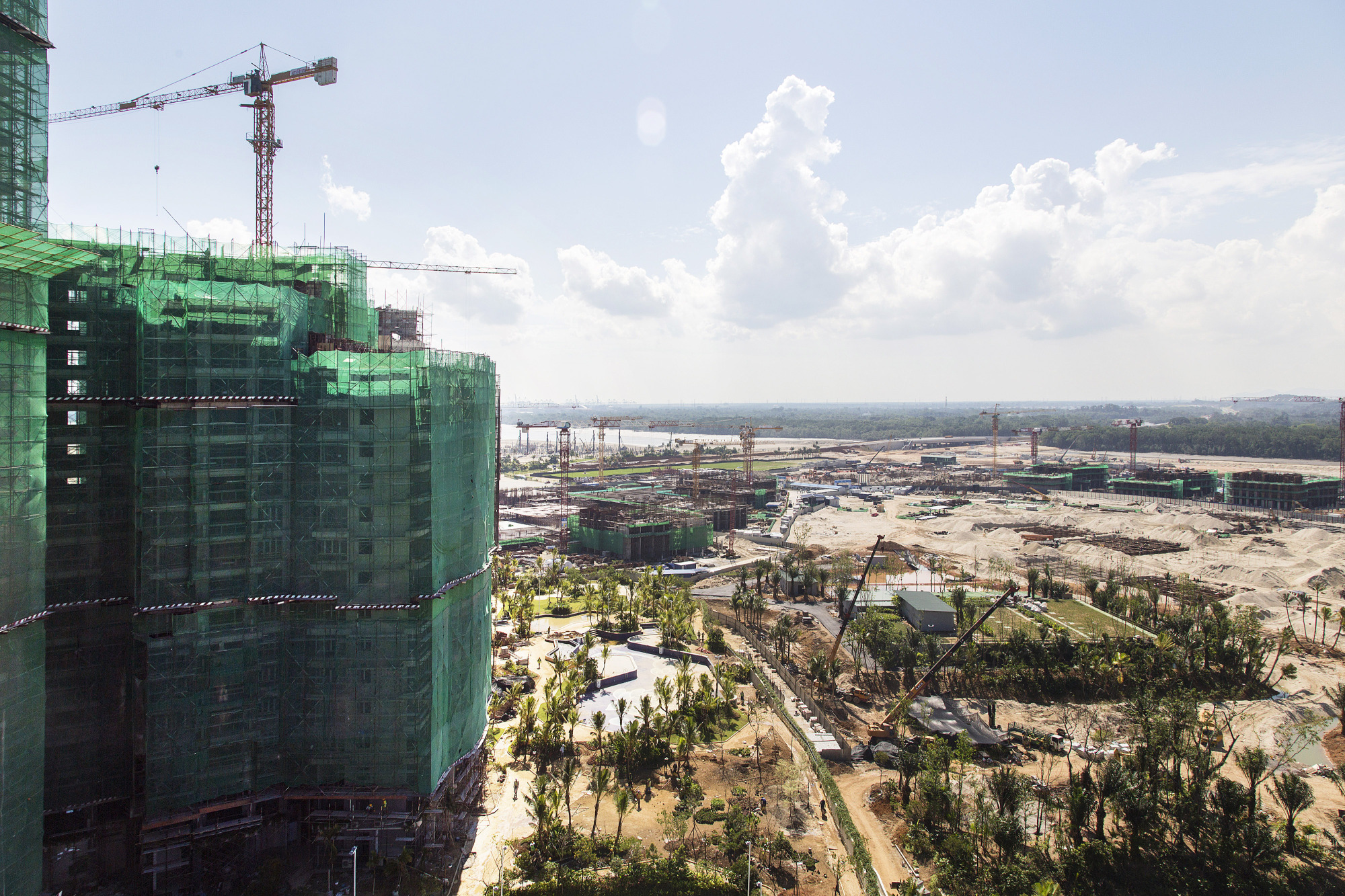The Chinese economy has started showing signs of losing steam, just as it is incumbent upon the top leadership in Beijing to maintain a positive economic picture as it prepares for next month's National Congress of the Communist Party. An official explanation goes that adjustments are being made to eliminate bubbles in the real estate sector and to reduce corporate debt. However, the real causes can be traced to reduced domestic investments and increasing transfer of capital offshore by both state-run and private-sector big companies, as well as to a decline in spending by the government.
The situation threatens to derail the intent of President Xi Jinping's regime to keep the economy afloat through infrastructure spending by the government and capital investment by the corporate sector, thereby ensuring his bid to gain absolute power at the party convention. The risk of China's economy plummeting toward the end of the year should not be discounted.
The way Xi's leadership has managed the economy may be likened to a car-driving technique known as "heel-and-toe shifting," which involves operating the throttle and brake pedals simultaneously with the right foot while facilitating normal activation of the clutch with the left foot.



















With your current subscription plan you can comment on stories. However, before writing your first comment, please create a display name in the Profile section of your subscriber account page.